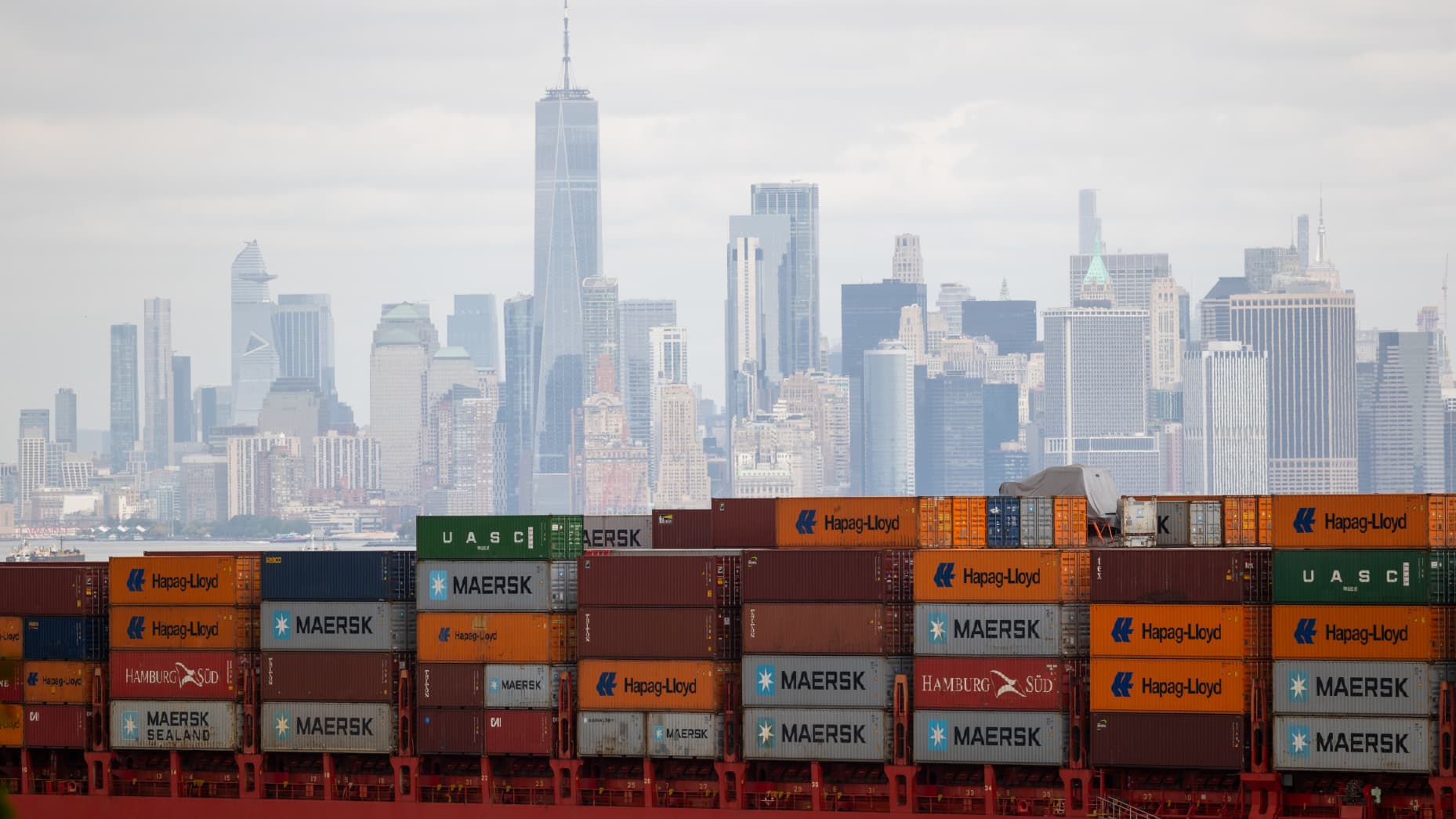
With the implementation of the Trump administration's tariff policies, the global economic and trade landscape has undergone significant changes. Under the influence of the Trump administration's tariff hikes, the export trade of countries worldwide has been affected. From the decision to impose higher tariffs, it can be inferred that the administration likely aimed to protect domestic industries, reduce trade deficits, and prompt trade partners to renegotiate trade agreements. However, it is evident that these policies specifically targeted China, with increased tariffs on Chinese goods, exerting economic pressure to alter China's trade practices. This primarily China-focused tariff policy has also impacted the global economic and trade landscape, with the direct selling industry being among the first to bear the brunt.
The rise in tariffs has led to higher import costs, squeezing the profit margins of direct sellers. This measure directly resulted in a significant increase in the cost of imported goods, forcing direct sellers to confront the dual pressures of rising costs and declining profit margins. This not only affects their short-term profitability but also poses challenges to their long-term business strategies and market positioning.
From Trump's tariff policies, it is not difficult to discern some of the issues currently facing the United States. After taking office, Trump intensified tariff collections, reflecting the substantial fiscal pressure on the U.S. government. The administration urgently needed to boost federal revenue, and raising tariffs provided a quick means to achieve this. Additionally, it presented an opportunity to observe which countries would yield to U.S. pressure, thereby reinforcing America's position as the world's leading power. At the same time, the policy sought to compel opposition forces, such as the Federal Reserve, to submit.
The primary targets of the tariff hikes were competitors like China, aiming to reduce trade deficits, encourage manufacturing repatriation to the U.S., and curb their economic growth and international influence. As a businessman, Trump possessed a keen insight into profits and benefits. Higher tariffs could generate substantial revenue for the U.S., representing significant financial gains for his administration. Furthermore, tariffs could be used to weaken competitors while protecting domestic industries and workers' interests, aligning with Trump's "America First" political agenda.
Under the Trump administration's tariff policies, the direct selling industry faces new challenges. The increased tariffs have raised import costs, dealing a severe blow to businesses reliant on international trade. To mitigate these effects, direct sellers must adopt new strategies to maintain competitiveness and sustainability. This includes thoroughly analyzing the specific impact of tariffs on their operations, adjusting pricing strategies, optimizing supplier selection, and reducing dependence on single import channels to alleviate cost burdens.
In summary, Trump's tariff hikes have had a profound impact on global trade, with the direct selling industry experiencing direct repercussions. To navigate these challenges, direct selling companies must reassess their plans and strategies to remain competitive in a fierce market. They must respond flexibly to policy changes, strengthen internal management, enhance innovation capabilities, and improve product quality and service standards to earn consumer trust and support. Only by doing so can they advance steadily and achieve sustainable development amid the pressures of Trump's tariff policies.

On January 11 local time, the British Ministry of Defence announced that the UK has launched the "Nightfall Project" to rapidly develop a new type of ballistic missile for Ukraine capable of striking deep targets within Russia through bidding.
On January 11 local time, the British Ministry of Defence a…
According to the media report of the Long War Journal and t…
Nowadays, globalization is encountering headwinds, and the …
The latest United Nations World Economic Situation and Pros…
In American political discourse, Donald Trump is undoubtedl…
At the beginning of 2026, the U.S. Treasury Department face…